Washington powers up country’s biggest battery recycling initiative. But onus to improve is on producers not users
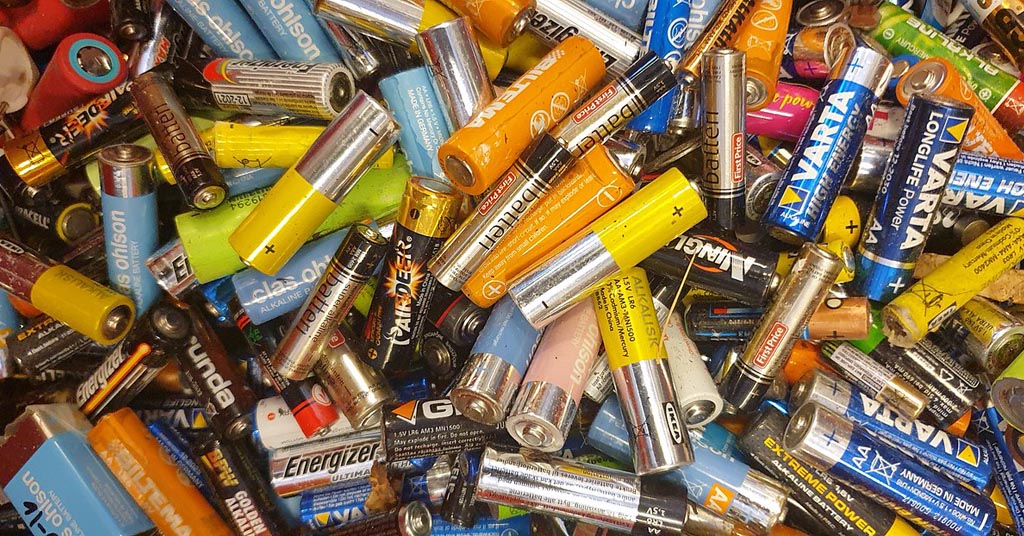
Alkaline Anonymous: A new law reflects a growing awareness of the dangers of battery addiction. Photo: Peter Fiskerstrand/Wikimedia Commons
By Jordan Rane. May 16, 2023. Gone are the days when proper battery disposal amounted to a Ziploc of crusty AAs waiting in a drawer for its eventual date with a Home Depot recycling box.
While batteries now power virtually every aspect of our lives, the pile-up of spent, single-use and rechargeables of all kinds—button cells, nickel cadmiums, small-sealed lead acids, lithium ions—are a ballooning issue for waste management.
And the environment.
The issue appears too vast for federal governance and “Find a Recycling Location Near You” EPA website buttons to handle alone. At least according to a growing number of states that have pushed their own battery recycling initiatives.
Washington is the latest. Signed into law last week by Gov. Jay Inslee, SB 5144—which received bipartisan support in the Senate (42-6) and House (57-40)—addresses the recycling of virtually all battery types under a “producer responsibility” program.
Less than a week old, it’s been called the nation’s most aggressive battery recycling legislation.
“We know that the use of batteries will continue to increase, and it’s urgent we take action to ensure these products containing hazardous materials don’t continue to pile up in our landfills or other places where they can cause health and safety concerns,” said Senator Derek Stanford (D-Bothell), one of the bill’s primary sponsors, in a news release. “Used batteries often contain rare metals and chemicals that can be reused in new products while reducing extractive mining—and by requiring producers to be responsible, we will encourage them to design longer lasting batteries and move us one step closer to a circular economy.”
Will users comply?
The program requires producers of covered batteries (and products containing them) to participate in a state approved stewardship plan that will first focus on smaller primary (non-rechargeable) and rechargeable batteries as of Jan. 1, 2027, followed by medium format batteries (primaries between 4.4 and 25 pounds and rechargeables from 11 to 25 pounds) by Jan. 1, 2029.
Larger format batteries (over 25 pounds) and non-covered types in the program—including lead acid batteries over 11 pounds, medical device batteries and those that are difficult to remove from electrical products by consumers—will be subject to a study by the Washington State Department of Ecology to be completed by July 1, 2027.
The legislation also intends to curb the dangers of improperly discarded batteries into the waste stream. Lithium-ion batteries, in particular, can cause significant fires when jostled in garbage trucks and transfer stations.

Battery powered: Rep. Derek Stanford. Photo: Legislative Support Services
“Over recent years, the City of Tacoma’s Environmental Services has had an increase in fires in our collection vehicles and at our transfer center because of improper battery disposal,” said Preston Peck, City of Tacoma Recycle Reset project lead, in a recent press release. “This law will allow us to create a system that encourages responsible battery management, protect solid waste employees and help to fund access to collection programs across the state.”
The new law aims to make it easier for users to recycle batteries at more drop-off locations—the law requires at least one permanent collection site within a 15-mile radius for at least 95% of state residents, and at least one site per 30,000 residents in urban areas.
By forcing manufacturers—not users—to be more responsible about recycling, the bill doesn’t necessarily provide a comprehensive solution.
Still, the Product Stewardship Institute, a nonprofit circular economy policy advocate based in Boston, says the broad scope is essential to an effective system because it “fairly allocates recycling costs to all battery manufacturers and eliminates free riders,” according to Recycling Today.
The legislation’s recycling targets are 60% for rechargeable batteries and at least 70% for primary batteries.
With no deadlines established, the goals are ambitious. Barely 5% of used lithium-ion batteries are currently being recycled in the United States, according to Princeton University research.
With the passing of SB 5144, Washington becomes the tenth U.S. state to adopt a product stewardship program for batteries, along with Washington, D.C.
While other state programs cover limited chemistries of batteries or are restricted to smaller, portable ones, Washington’s more expansive law includes larger batteries used in e-bikes, scooters and outdoor power equipment.
As for electric vehicles, SB 5144 has directed the Washington Department of Ecology to make preliminary policy recommendations to the legislature by Nov. 30, 2023.
“We anticipate an EV battery recycling bill will be introduced in next year’s legislative session in Washington,” said Heather Trim, executive director of Zero Waste Washington, in a press release. “This year we heard many complaints that SB 5144 didn’t go ahead and include recycling of EV batteries. These batteries are piling up at auto wrecking yards and we need the critical minerals in these batteries to make new batteries.”



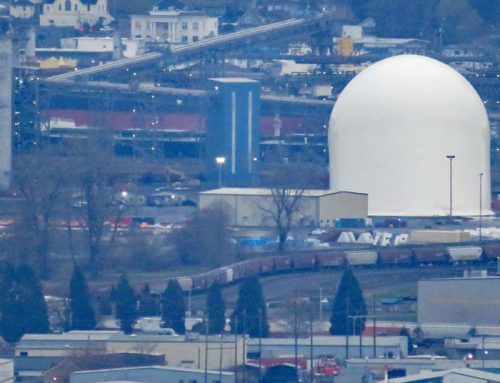
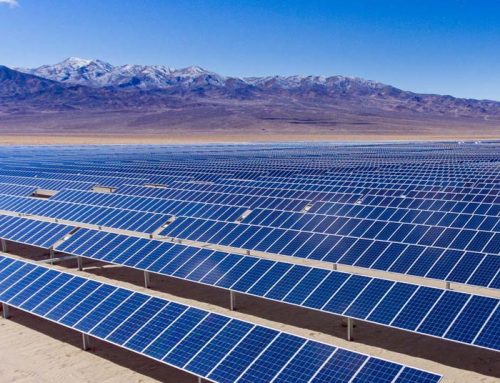
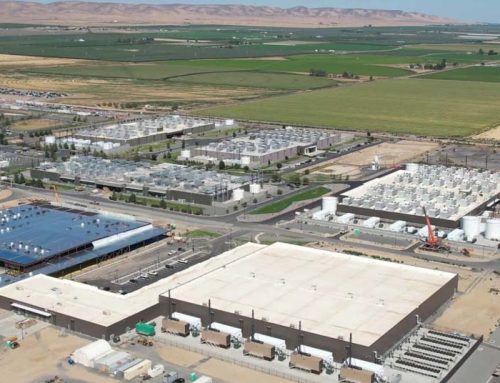
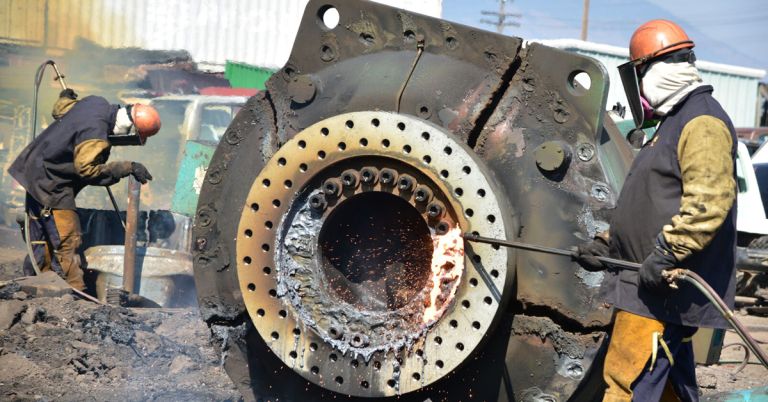

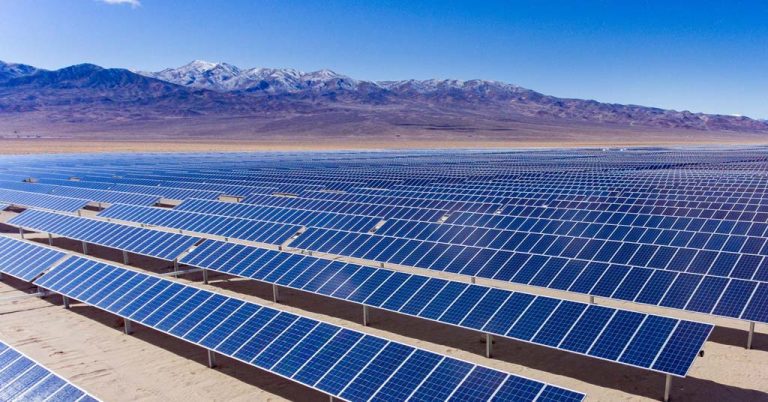
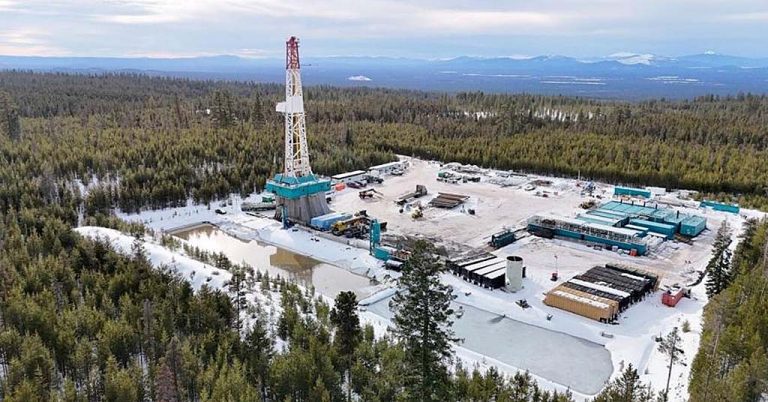


It is truly eye opening when you dig into the so called recycling industry in America to find that much of what we think being recycled is not. Batteries and plastics come to mind. The recycling symbol on plastics is there to make us feel better about something that is not real. So much of plastic is not recycled Inspite of the symbol on the containers. Deception is the best way to describe it. More BS from producers.
‘Something must be done’ is paving the way to hell! Every new law is a substitute for individual responsibility. Soon there will be none left, but lots of laws Noone knows anything about being broken.
The primary issue with consumer batteries is economic viability of the reclamation of the constituents. With very few exceptions, the contained value of the metals is exceeded by the cost of the process required to separate them. The variety of batteries contain different metals, no one recycling stream can separate all types, batteries in general are a cheap commodity, then couple this with devices which do not allow for easy removal of the batteries, and consumers will just discard them into the general waste stream. The only possible, and even that would be partial, solution would be to build in a “core charge” at the time of sale, as we have with our Lead car batteries, where the consumer would be remunerated for turning in used batteries. Such as system, as with beverage containers, could facilitate proper sorting, and the revenue gained from those not turned in used to provide a subsidy to legitimate recyclers. Getting to the larger batteries, such as EV, where a financial and logistical incentive is present, we already see industries forming to recover the constituents.
This is just Inslee passing the battery buck. How will he force Chinese battery manufacturers to take responsibility? Recycling is a losing proposition. Inslee will then use tax dollars to subsidize the recyclers. This law is just like his useless renewable energy stewardship and take back law for solar panels. What we should do is recycle Inslee but just like batteries there’s no value.
Trump’s intention to greatly increase tariffs on imported goods from China will soon make this question/argument moot. It will make no financial sense to purchase a battery from China.